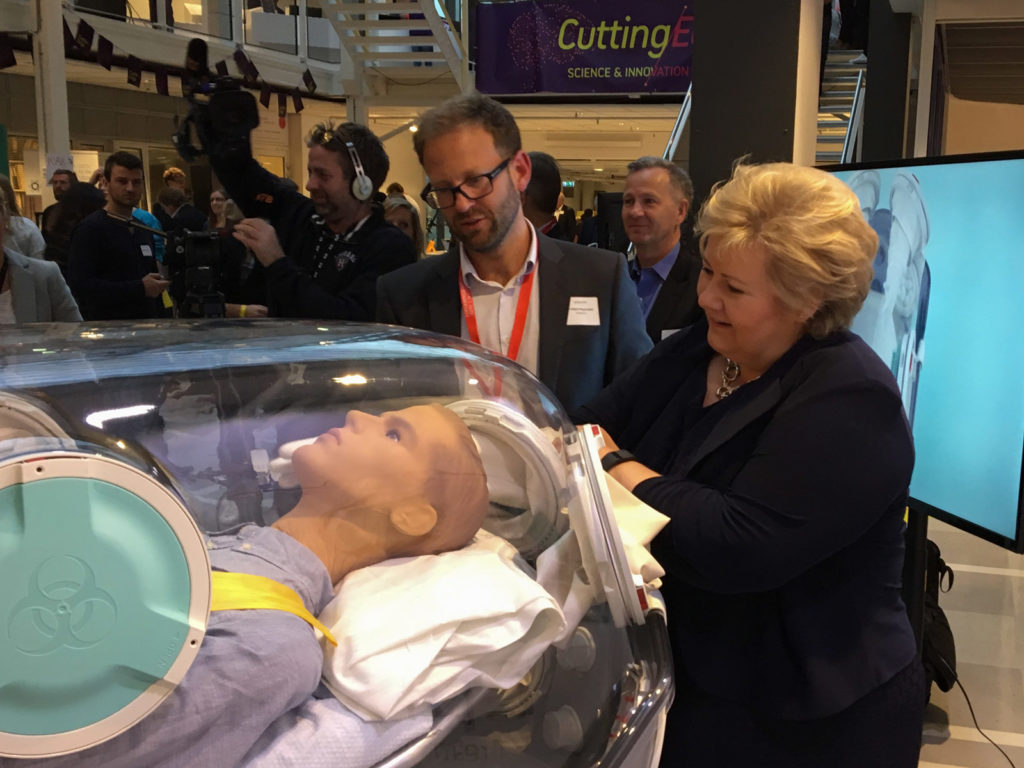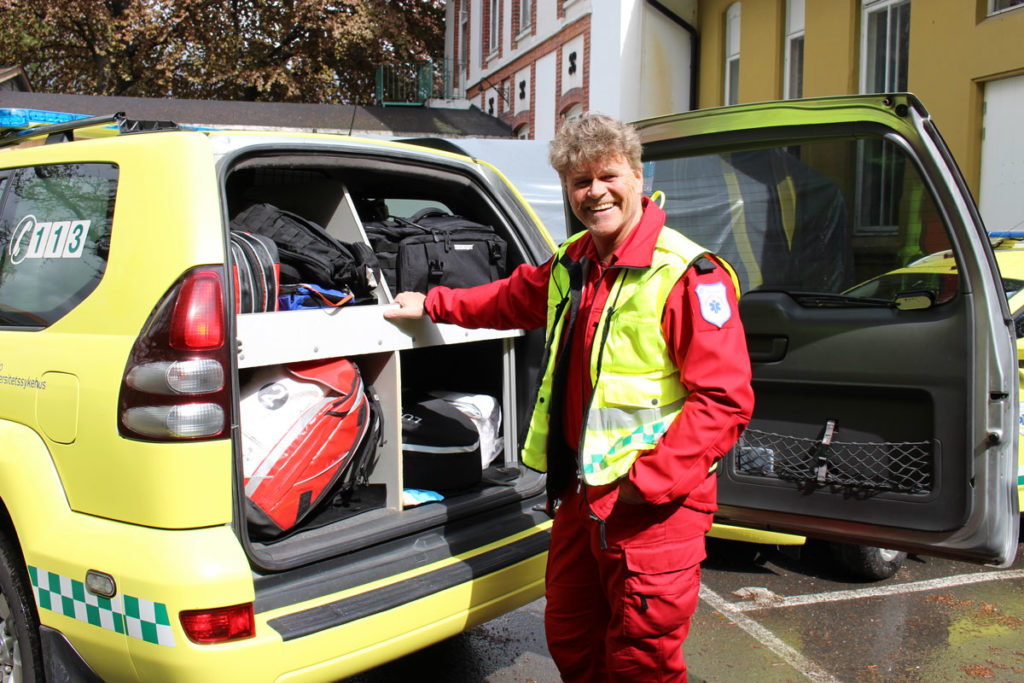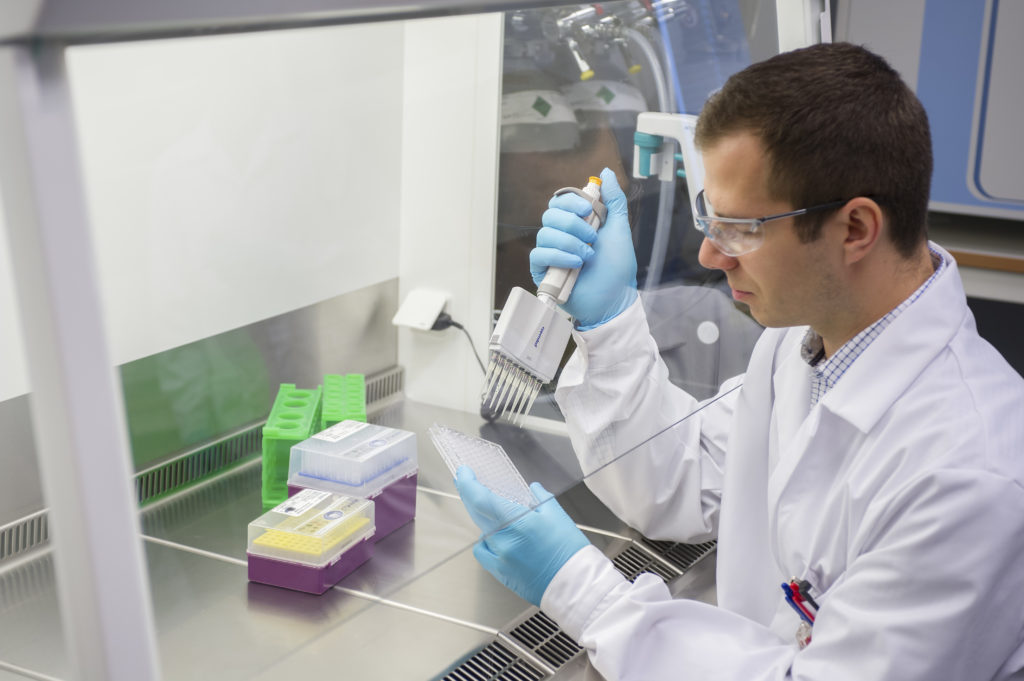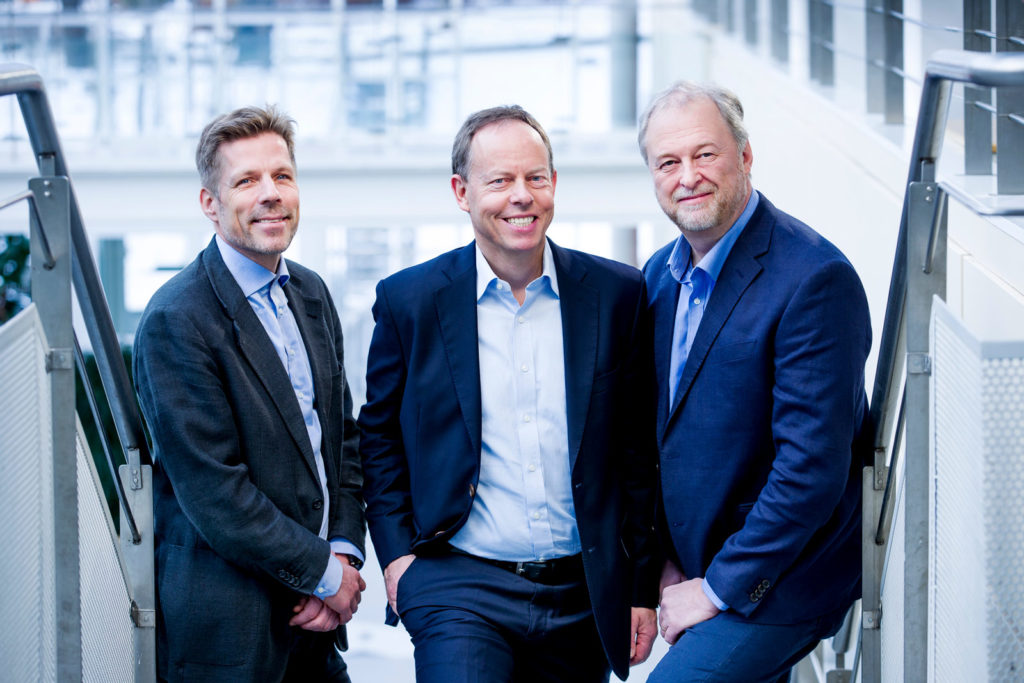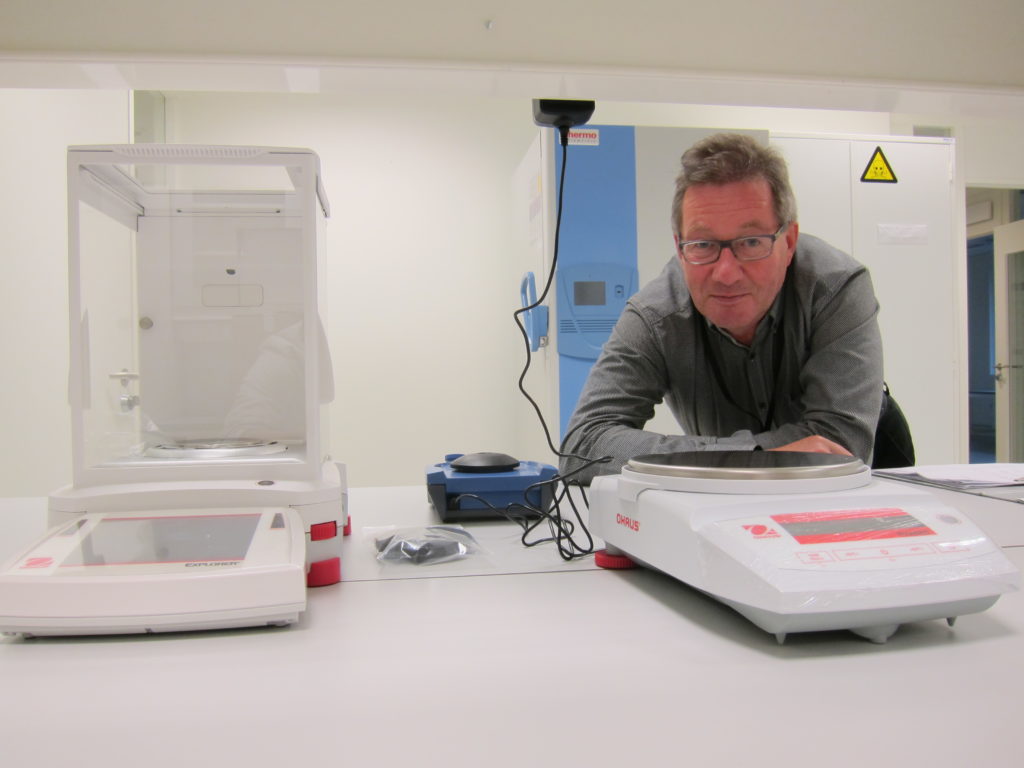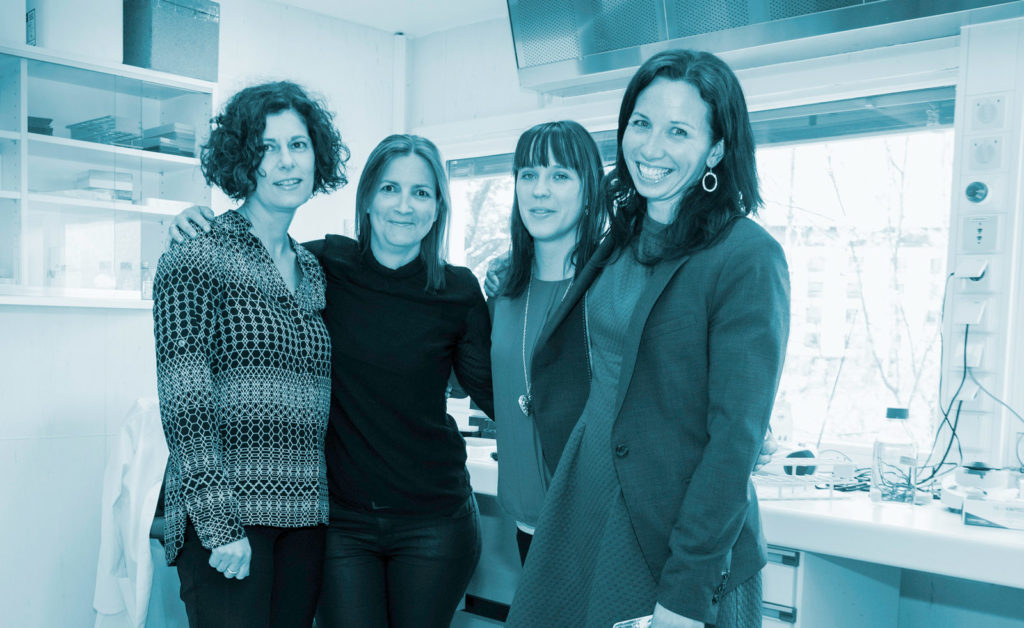Inven2 matches hospital and pharmaceutical company to provide arthritic patients with new treatment
In five years’ time, arthritis patients may have access to a better, simpler and cheaper treatment, thanks to a doctoral degree at Betanien Hospital in Skien.
In her doctoral thesis, Dr Anita Suri Kåss, a rheumatologist at Betanien Hospital, studied the connection between hormone levels and disease activity in arthritis patients. Dr Kåss found that the class of drugs known as GNrH antagonists worked on her arthritis patients in just a few days. These drugs are currently used for in-vitro fertilisation. The discovery was reported to Inven2.
‘We immediately understood that Dr Kåss’s research had a number of similarities with the discovery we licensed to Merck from Sørlandet Hospital a few years ago,’ says Jørund Sollid, who is a business developer in Inven2.
Developing a drug from research to market requires huge investments, so documentation is essential for attracting the interest of potential partners.
‘Together with my colleague Anders Holm, I worked closely with Dr Kåss on documenting her research. The first observations in connection with new discoveries are the start of a long number of time-consuming processes that require a lot of resources before the benefit to society can be realised,’ says Sollid.
Great interest at Astellas
With the documentation in place, Inven2 started contacting a number of different pharmaceutical companies. The goal was to license the rights to a company that would quickly initiate the necessary clinical trials to confirm or refute the effect on arthritis patients.
‘We signed an agreement with Astellas after having been in dialogue with several companies. Astellas is a big global pharmaceutical company whose head office is in Japan. It was a professional process characterised by mutual trust between the parties. Astellas is already well under way with extensive clinical trials. What they are testing is a next-generation GnRH antagonist that allows patients to take the drug in tablet form instead of as an injection. This will be a huge advantage for arthritis patients who are facing a lifetime of treatment,’ says Sollid.
Unlike the previous agreement with Merck, Inven2 has retained enough rights to establish a company of its own in the field, if anyone should be interested.
‘It has been very rewarding working with Dr Kåss on this project. She is a highly capable scientist, and without her commitment to continue documenting the effects, we would not have managed to land the agreement with Astellas,’ says Sollid.
Means a lot to Betanien
Terje Danielsen is the managing director of Betanien Hospital in Skien, a small hospital run by a private not-for-profit foundation. He is very pleased to see that Dr Kåss’s research is having such extensive ripple effects.
‘It is simply fantastic that a small hospital like ours can attract international interest this way. Provided that the treatment works as intended, we are looking at a completely new and improved treatment for arthritis patients – which could also result in huge savings for society,’ says Danielsen.
He is convinced that the agreement with Astellas would not have become a reality without Inven2.
‘We have neither the expertise nor the network to take this invention to the next level, so we have benefited from good supporters at Inven2 who do have the expertise and network it takes to commercialise the invention,’ says Danielsen.
If Astellas’ clinical programme succeeds, the treatment may become available five years from now.
Photo: INGE FJELDDALEN, TELEMARKSAVISA.
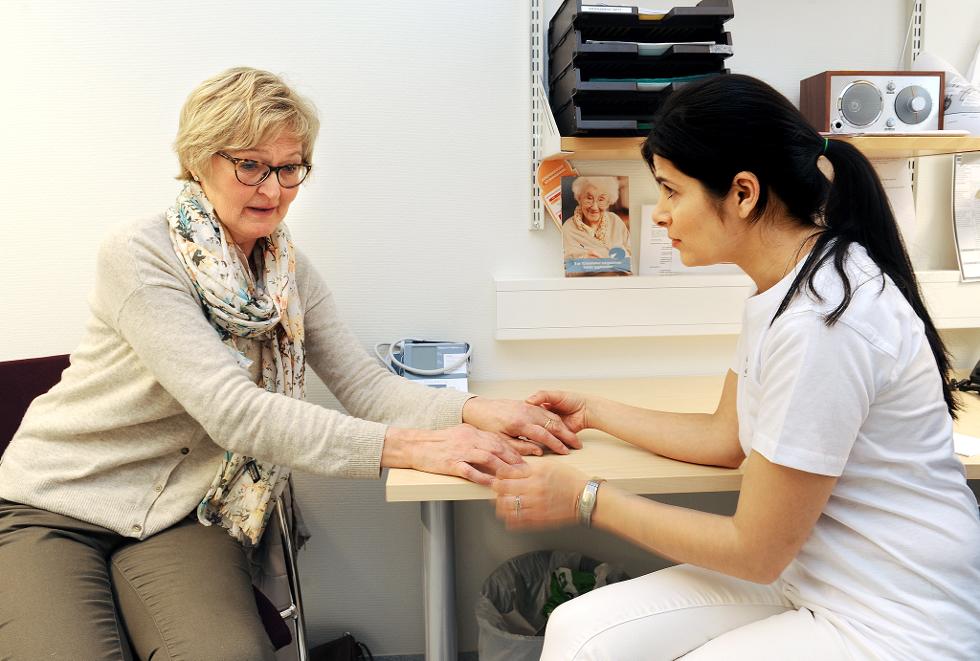



 Norsk
Norsk
